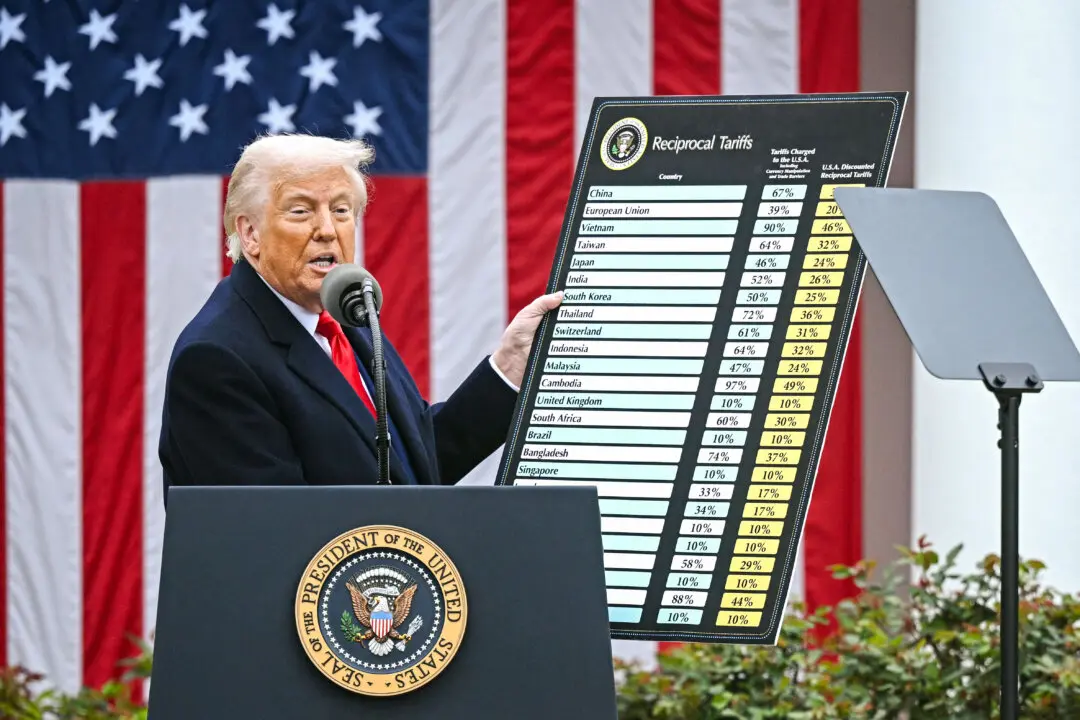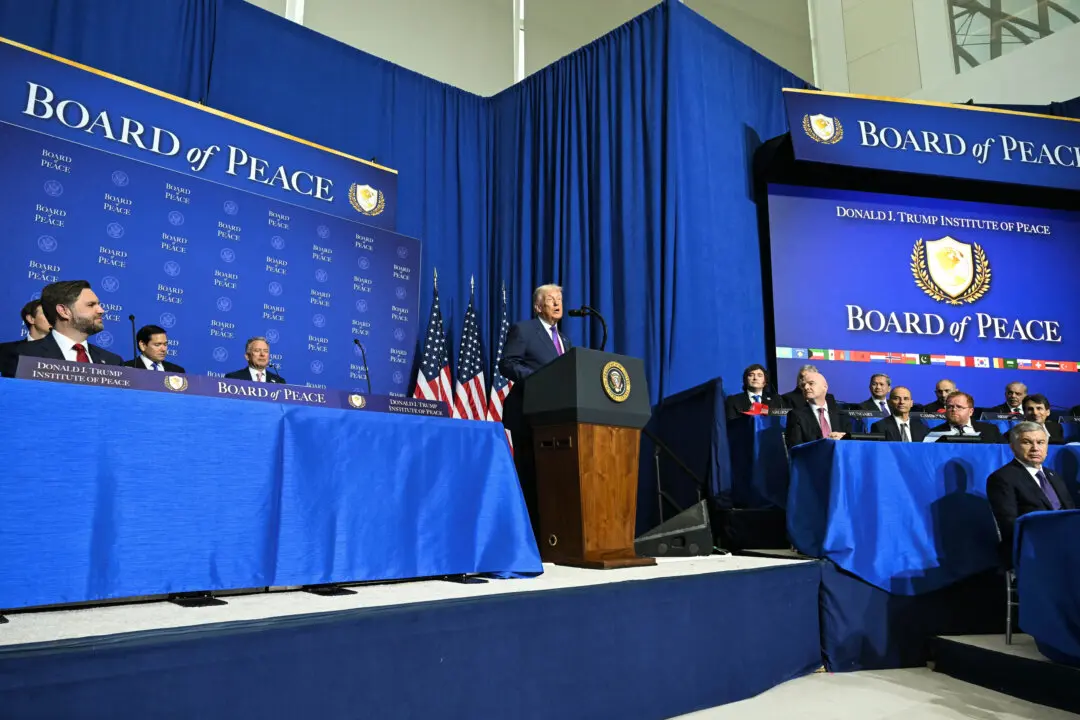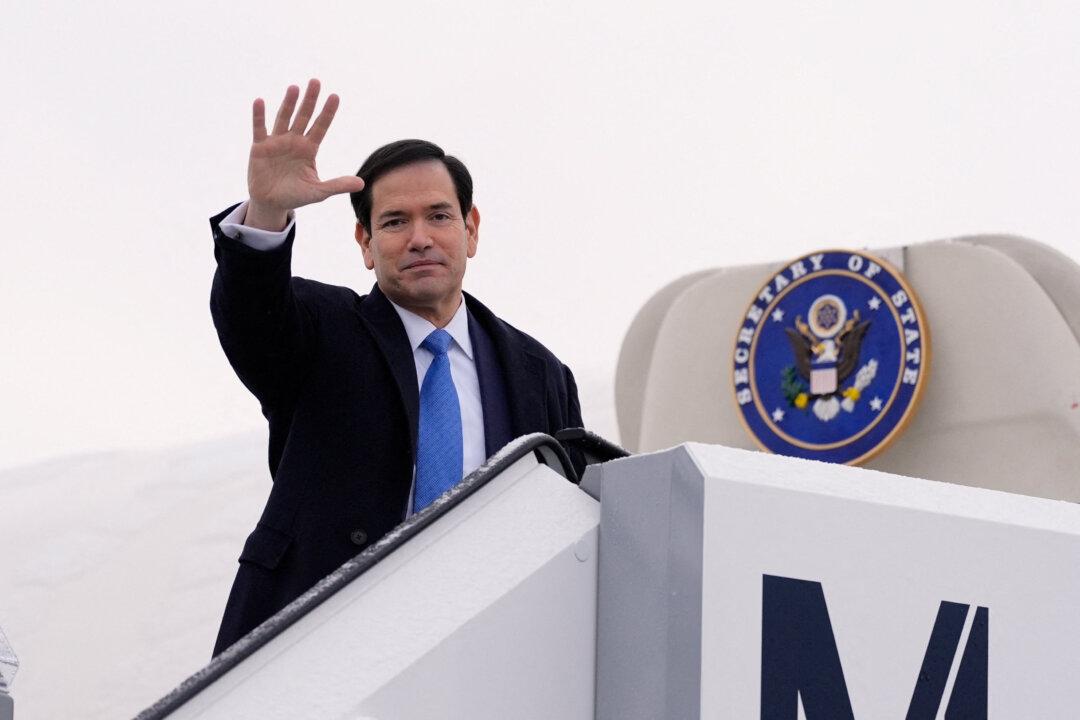WASHINGTON—The leaders of the world’s top economies are gearing up for the G-20 summit this week in Osaka, Japan, where they will discuss a host of issues, including the current slow down in economic growth and possible reforms to the global trading system.
In addition, bilateral talks on the sidelines will likely draw as much attention as the formal discussions around the table.





